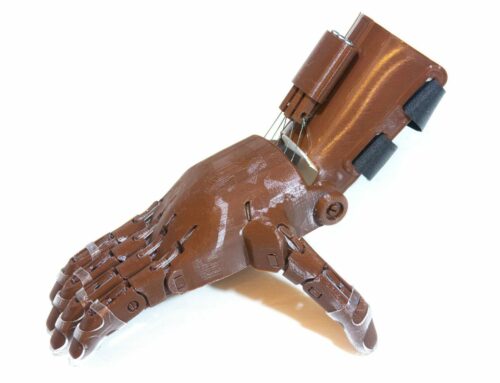We already stated in an earlier newsletter that we were going to look into a number of trends for the year 2019. In this article we will look into digital ethics, fake content and blockchain.
Digital ethics
In the week of 20 March the headlines in the Dutch media were about The Netherlands losing ground in the field of Artificial Intelligence (AI) if the government did not act up fast. However, is a wait-and-see approach so bad when it comes to AI? Currently, there is too little or no legislation on AI in place. The EU is calling for legislation on AI in order to set both an ethical and a legal framework. Let’s make the mental step to digital ethics in an autonomously driving car. Who is responsible when there is an accident? The producer, the software programmer, or the person commissioning the software programmer to do certain work? Such questions require answers. As AI is developing at a formula-1 pace, governments and judicial authorities will have to step up their efforts to keep up and provide a proper legal safety net.
Fake content
Have you heard that Vladimir Putin and Donald Trump share the same mistress? Or that Mark Rutte has joined Forum voor Democratie? Fake news is not a new phenomenon, but it is becoming harder to distinguish real news from fake news. Modern communication and social media help fake news to travel fast, and once the established media get hold of it without adequate fact checking a fake news item can suddenly seem a fact. Artificial Intelligence plays a dubious role in this, creating totally believable content. In professional jargon such items are called deep fakes. Such deep fakes are subsequently used to put organisations under pressure or even blackmail them, as was the case with actress Emma Watson not long ago.
Blockchain
Blockchain has tremendous potential. In principle blockchain is a sort of ledger in which separate items can no longer be changed and are stored de-centrally on many different computers. This prevents unauthorised people from gaining access to them. Many sectors can benefit from this technology, such as healthcare, the notary sector and governments. With blockchain technology in place payments can be greatly simplified and therefore made cheaper. Banks could even become redundant in time. Various countries and various industries are now experimenting with blockchain. One example is India, where the Land Registry Office uses blockchain. The government in Dubai is another example, figuring out how to streamline its services with blockchain. Universities could also benefit from blockchain, e.g. in reducing the workload for teachers with the creation of national databases of exam questions.
In our next newsletter about trends we will be discussing the workplace of the future, robots and basic income.










